





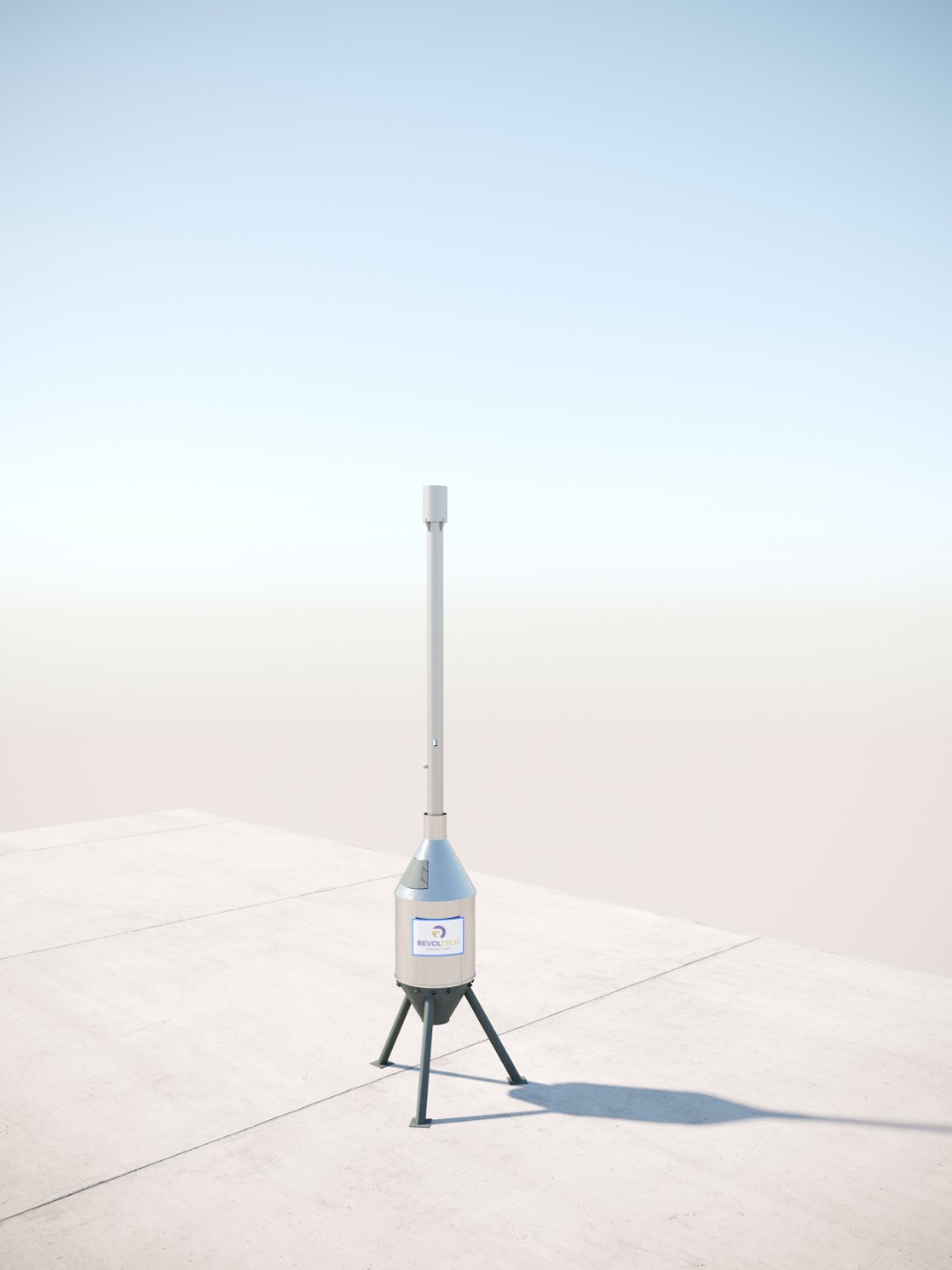

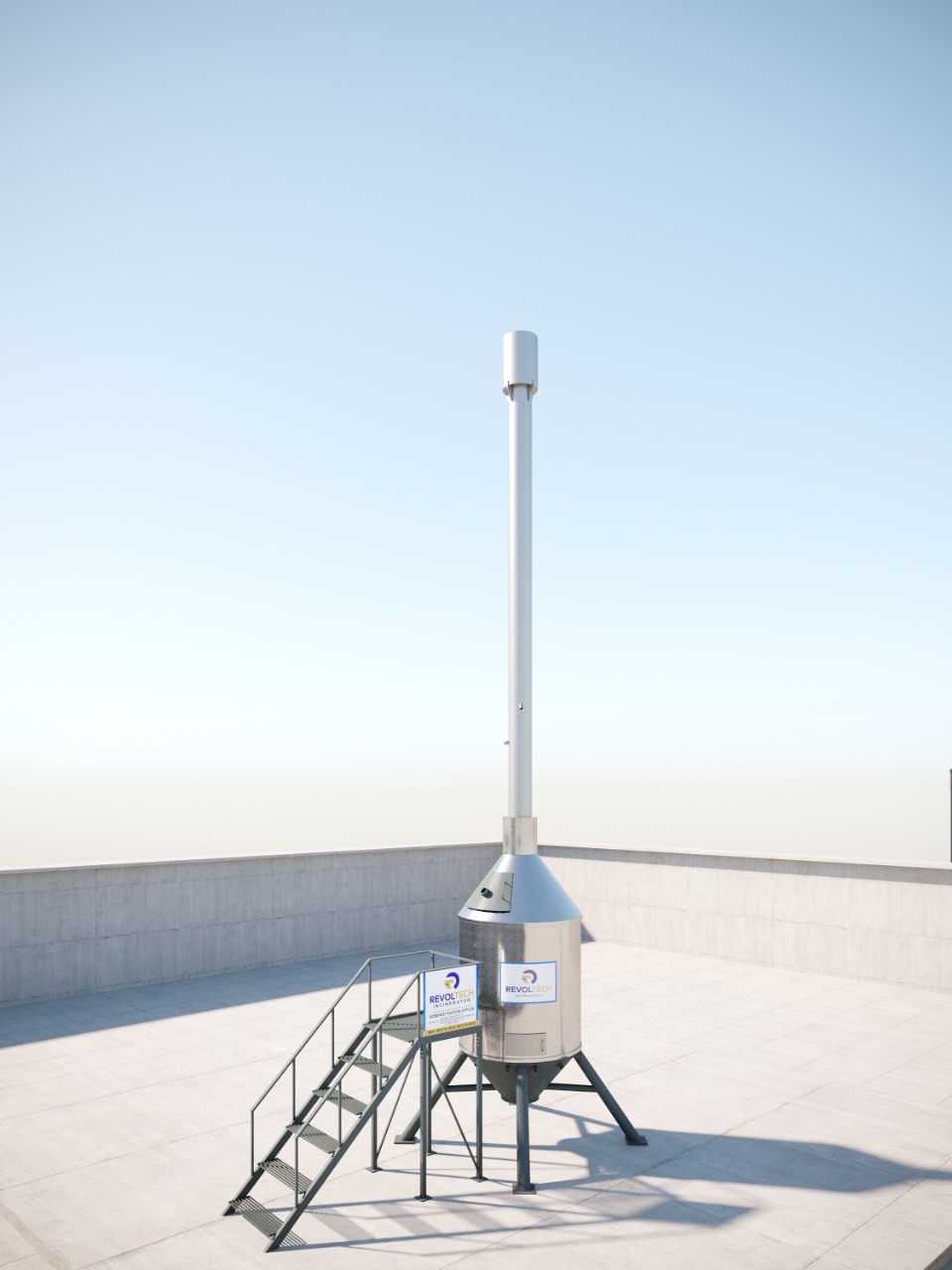
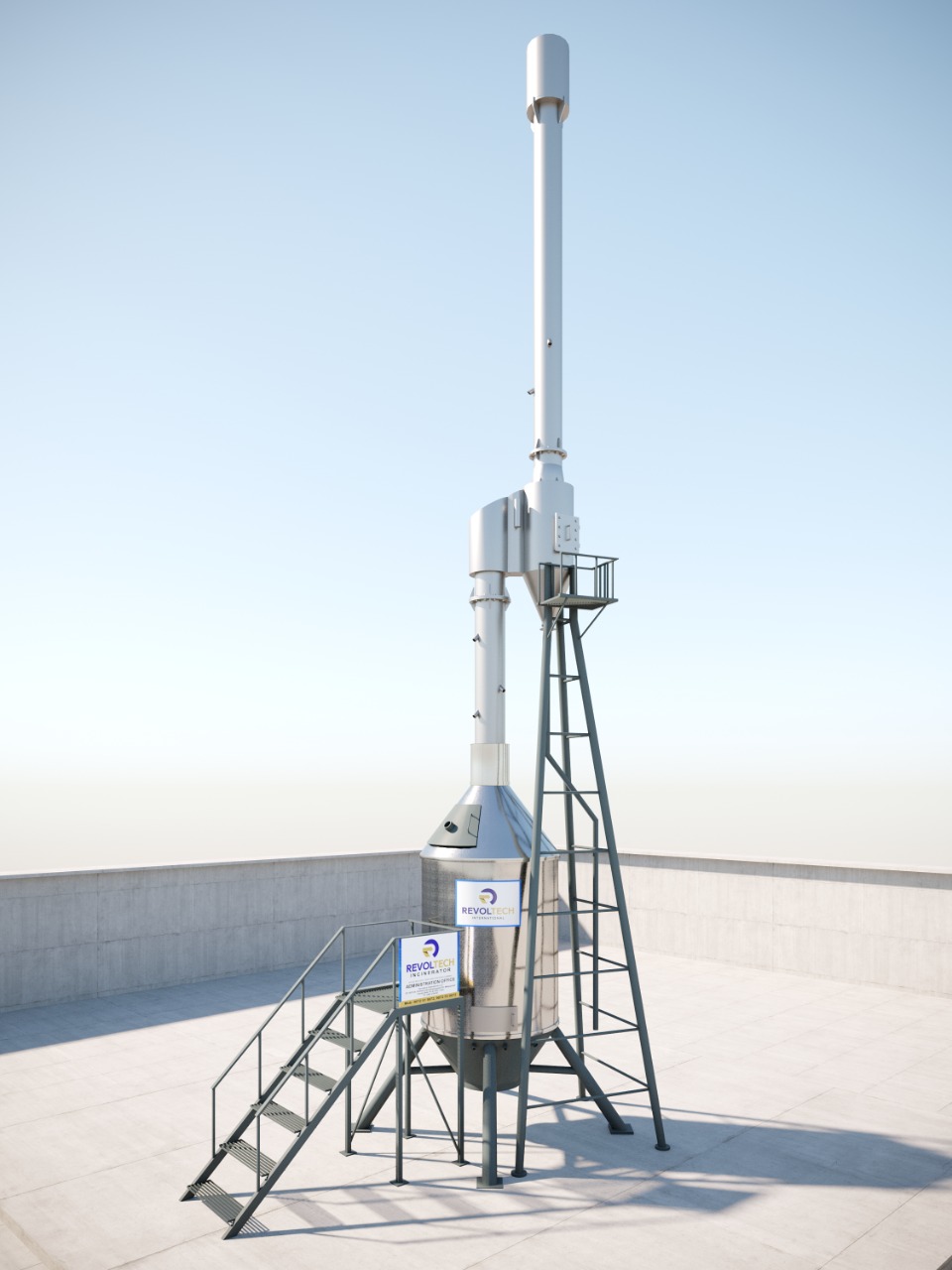
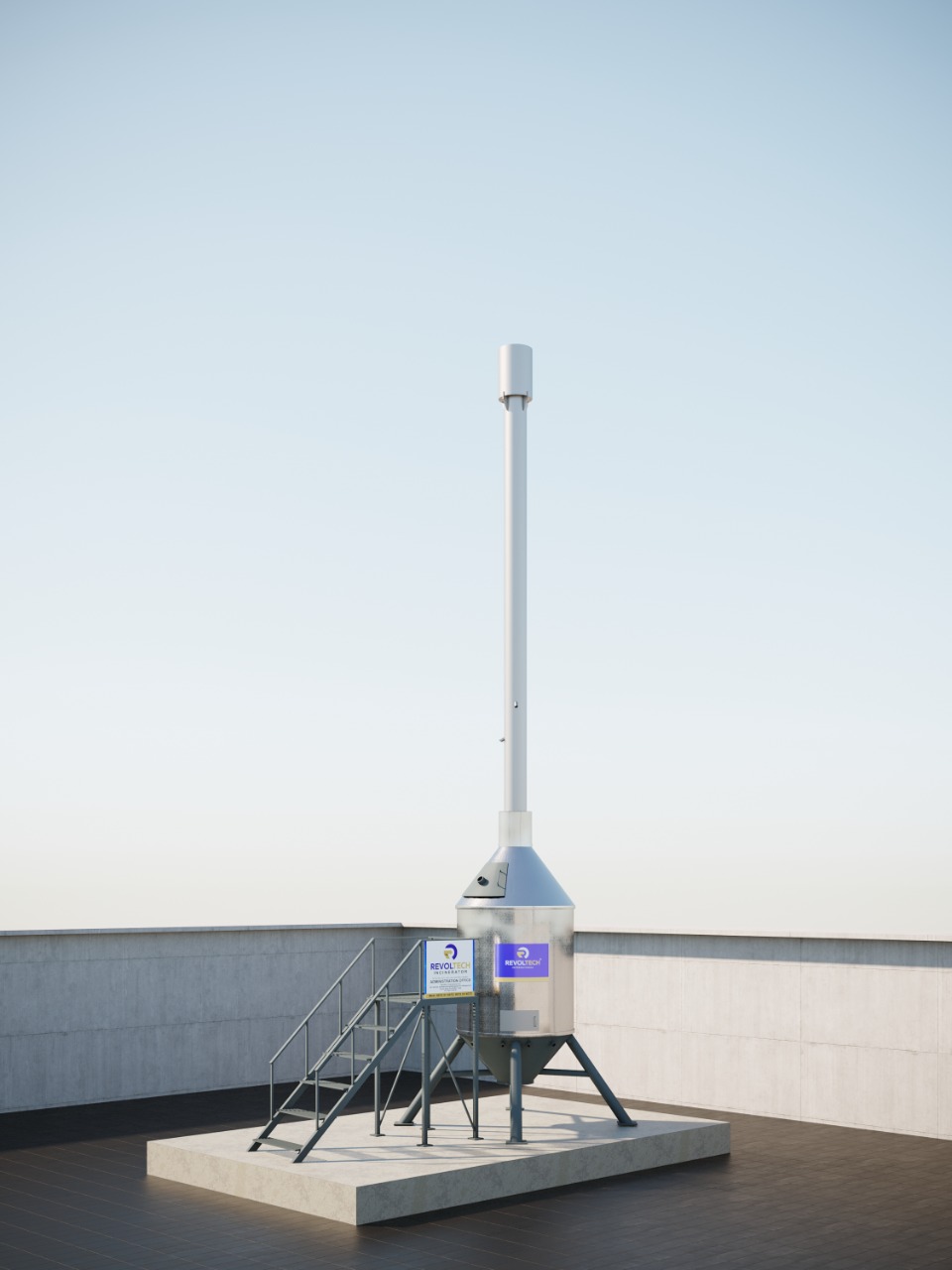
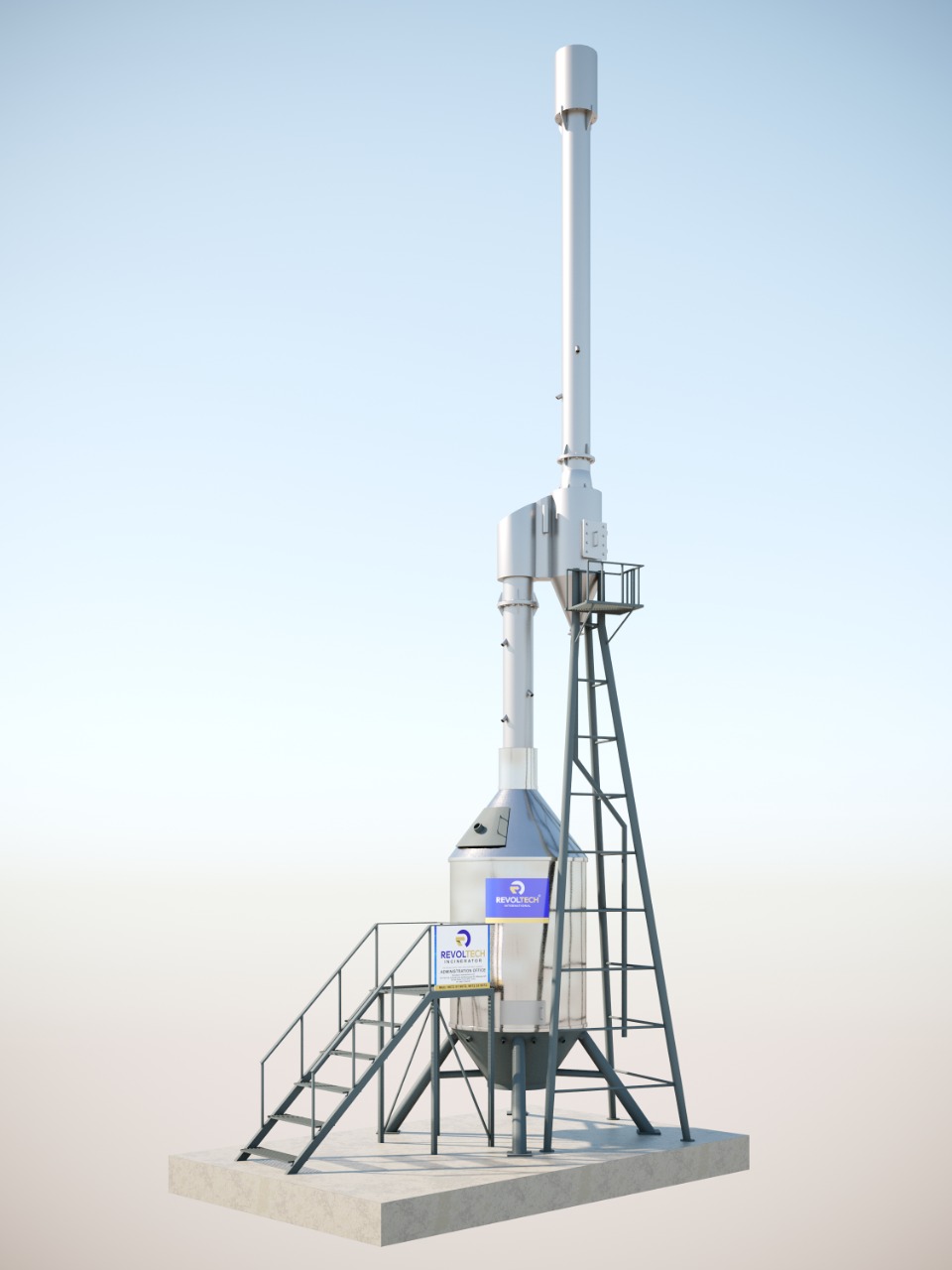
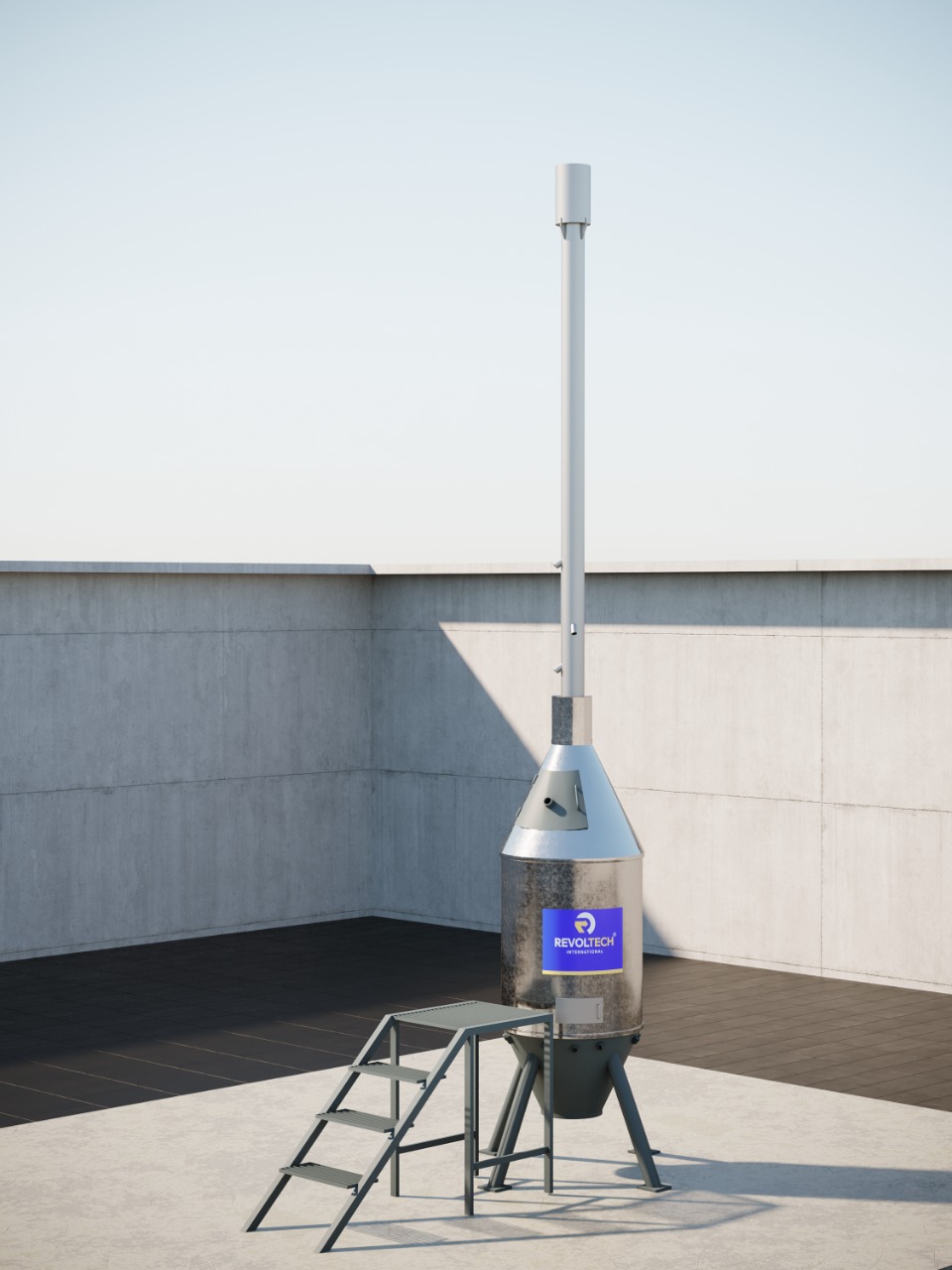
Our prosperity does not depend on landfill dumping. At Revoltech International, we provide environmentally friendly solutions that promote sustainable Waste Management . Together, we can lessen our environmental effect and make the world a cleaner, greener place. Join together with REVOLTECH INTERNATIONAL to drive the change.
Incinerators can decrease the quantity of waste by 95% and reduce the solid quantity of the original waste by 80-85% depending on the components that were in solid waste. Therefore incineration reduces the dependency on landfills.
On average, a single facility can burn up to 300 million tons of garbage every year, converting it into power and, at the same time, reducing the load on coal-fired power plants, which of course, are a disaster for the environment.
Incineration plays a vital role in making Waste Management Incinerators easier and more efficient. Incineration can burn up to 90% of the total waste generated and sometimes even more.
Research has shown that solid waste incinerators are less likely to pollute the environment than landfills. One particular study done during a 1994 lawsuit in the US showed that a waste incinerator location was more environment-friendly compared to a landfill.
Effective waste management is critical for attaining environmental sustainability, with incineration providing a key answer to trash disposal issues. This method involves the high-temperature burning of garbage, which drastically reduces its volume while producing heat, gas and ash. Incineration is especially useful for managing waste that cannot be recycled or composted, reducing reliance on landfills and promoting energy recovery. By transforming garbage into usable energy, this method encourages cleaner disposal practices and helps to create a more sustainable future. In the context of waste management in Kerala, incineration is crucial to advancing environmentally sustainable and effective waste treatment options. The next part provides an in-depth look at the incineration process, as well as key industry terminology.
Incineration provides a viable solution for managing non-recyclable solid waste, especially in densely populated areas where space for landfills is limited. However, it requires careful consideration of environmental, social, and economic factors to ensure its sustainable implementation. Continuous improvements in technology, emissions control, and energy recovery will likely make incineration a more efficient and eco-friendly component of modern waste management systems.
Our success isn’t dependent on landfill dumping. With the help of REVOLTECH INTERNATIONAL
we can make this world a better place, talk to us for more info
Social Chat is free, download and try it now here!